
Get Instant Solution By an Expert Advisor
(4.8)
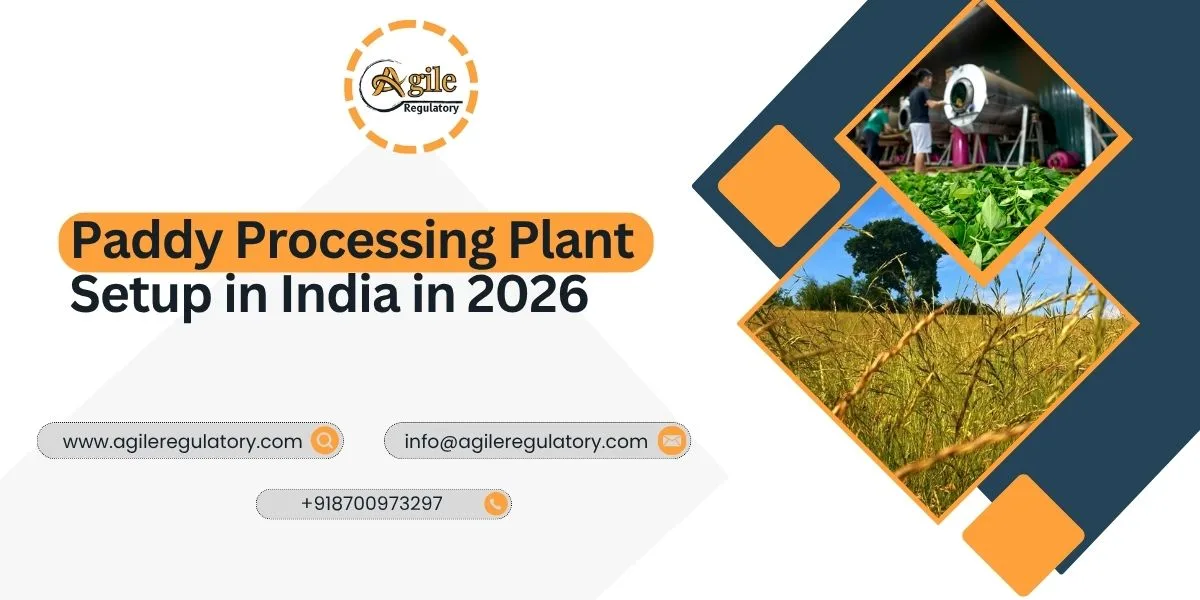

Setting up a paddy processing plant in India in 2026 is a viable and profitable venture requiring mandatory compliance with government regulations primarily securing the Factory License, Consent to Establish (CTE) from the Pollution Control Board and the necessary FSSAI food license
Rice is a staple food. It is an absolute necessity for all of India's population. This constant, huge demand makes the paddy processing industry an evergreen business opportunity. Starting a rice mill is not just a commercial venture, it is also a key link in the entire food supply chain. Below we look at the procedures you must follow exactly. This information is key for any entrepreneur who wants to start their paddy processing plant legally and efficiently.
Every legal business needs a structure. You must first register your business entity. This step is the very first one. You can choose from several options. You can be a Proprietorship. You can be a Partnership. You can form a Private Limited Company. The size of your operation affects your choice. A larger unit with more investment should form a company. This protects your personal assets, which is smart.
A factory needs to be safe. It must follow strict rules to protect its workers. The Factory License is required for any unit that uses power and employs more than ten people. This license is granted by the local Department of Factories and Boilers.
To get this key license, you need many documents. You need the site plan. You need building blueprints. You need proof of your land ownership or lease agreement. They check the stability of your building. They confirm the fire safety measures you have installed. You must get No Objection Certificates (NOCs) from various local authorities first. The location itself matters greatly. Your plant should be near the paddy-growing areas. Also ensure the location has good road access and a reliable supply of water and electricity for smooth operation
Factory license registration process in UP
Paddy processing creates by-products. These are rice husk and rice bran. It also produces dust and noise. All these things can cause pollution. You must get Consent from the State Pollution Control Board (SPCB).
You need two types of consent, it is a two-step process:
Rice is a food product. Any business dealing with food must comply with the Food Safety and Standards Authority of India (FSSAI) regulations. It tells customers your rice is safe to eat.
The type of FSSAI license you need depends on your plant's annual turnover and its production capacity:
FSSAI Relabeller License: Process, Documents, and Fees
The total money you need is split into two parts: fixed costs and working capital.
Fixed Costs (Setup)
This includes the cost of land, the building construction, and the machinery.
The government fees are generally low compared to the total project cost.
Starting a paddy processing plant is a very sound investment for 2026. The steps are clear: formalize your business, secure your land and factory safety approval, get your environmental consent, and most importantly, obtain your food safety license. Skipping any one step means great risk later.
Navigating the many regulatory portals, especially coordinating the SPCB CTE/CTO and the FSSAI Central License applications, can be difficult. The documentation must be precise every time. Agile Regulatory specializes in simplifying this entire process for you.
Don't let complex legal paperwork delay your start date. Secure all your government approvals correctly from the very beginning. Contact Agile Regulatory now to ensure your paddy processing plant is set up with full legal compliance, quickly and efficiently. We handle the paperwork you focus on the rice
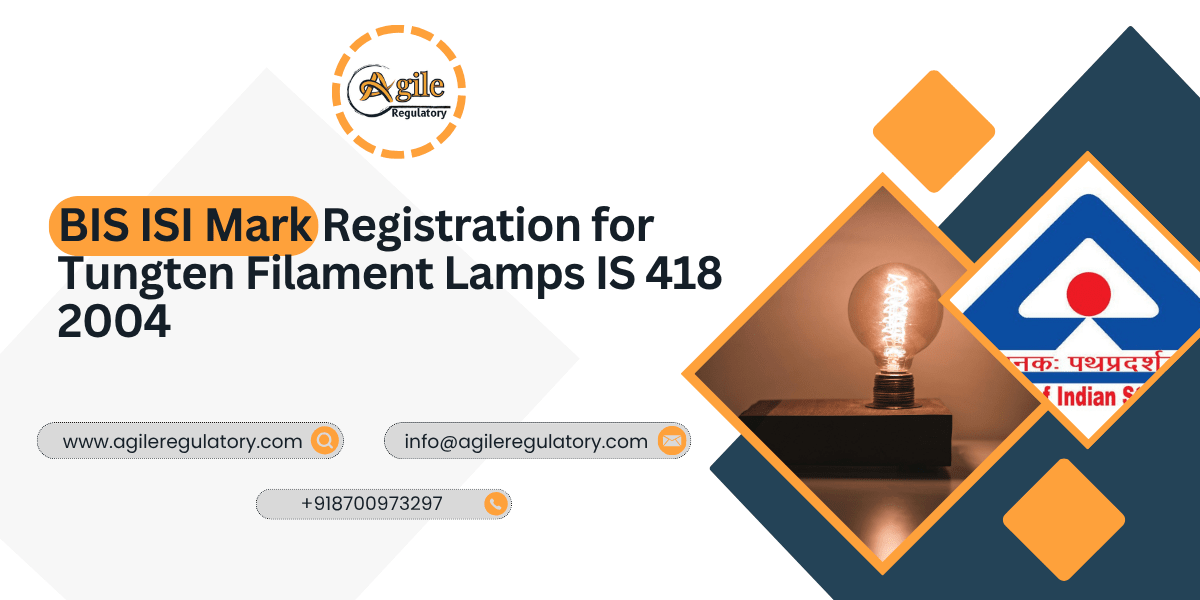
 Nishi Chawla
Nishi Chawla
11 Nov, 2025
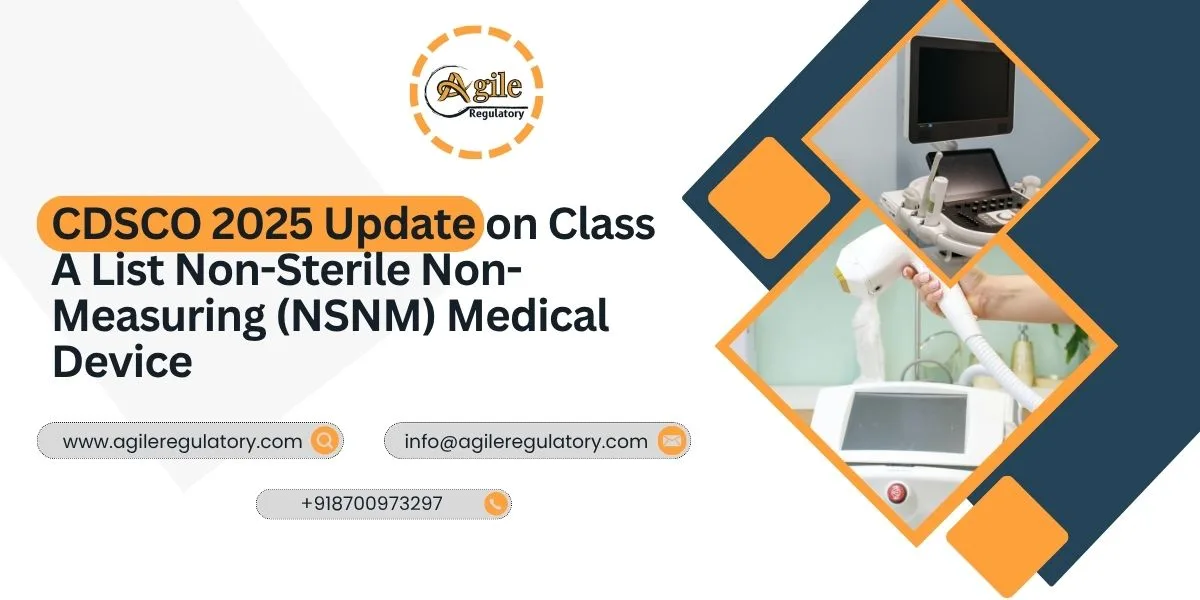
 Nishi Chawla
Nishi Chawla
10 Nov, 2025
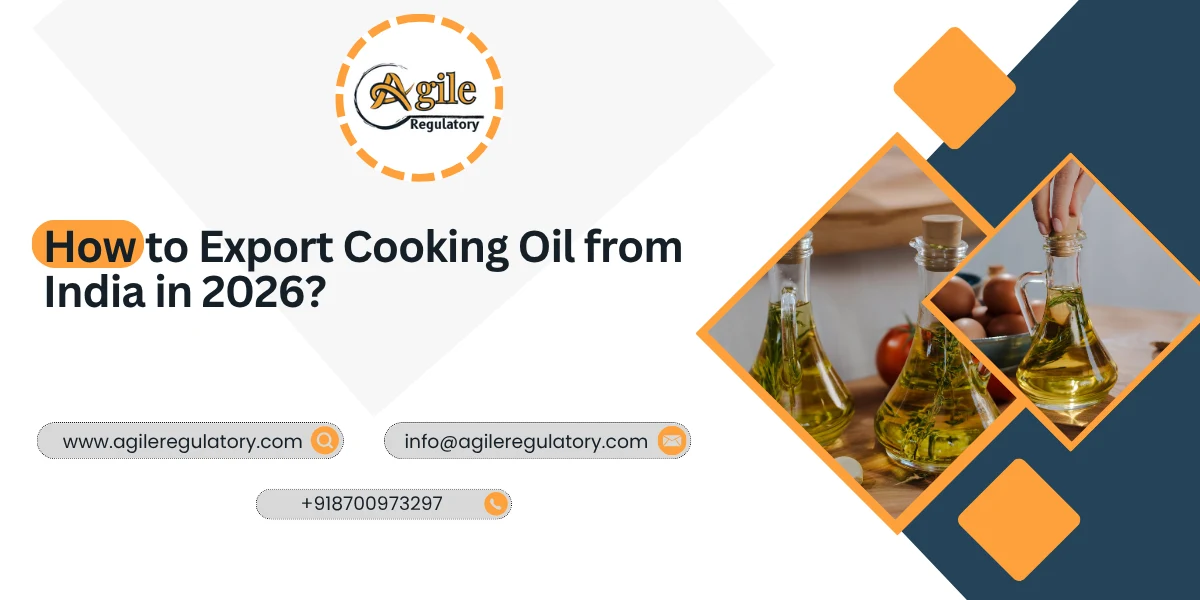
 Nishi Chawla
Nishi Chawla
10 Nov, 2025
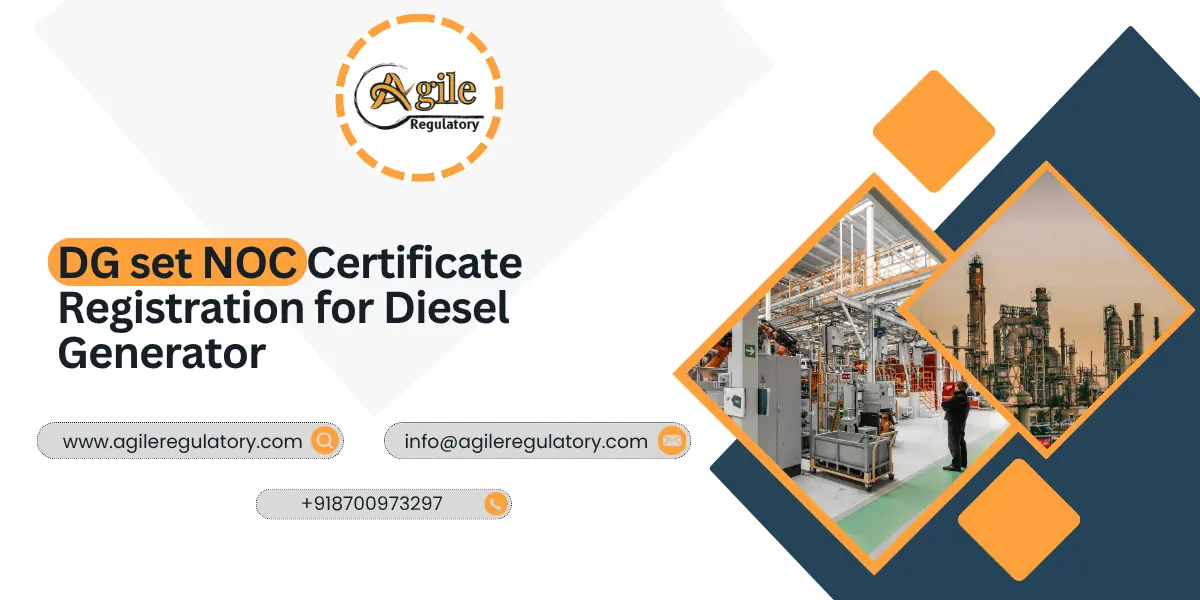
 Nishi Chawla
Nishi Chawla
07 Nov, 2025
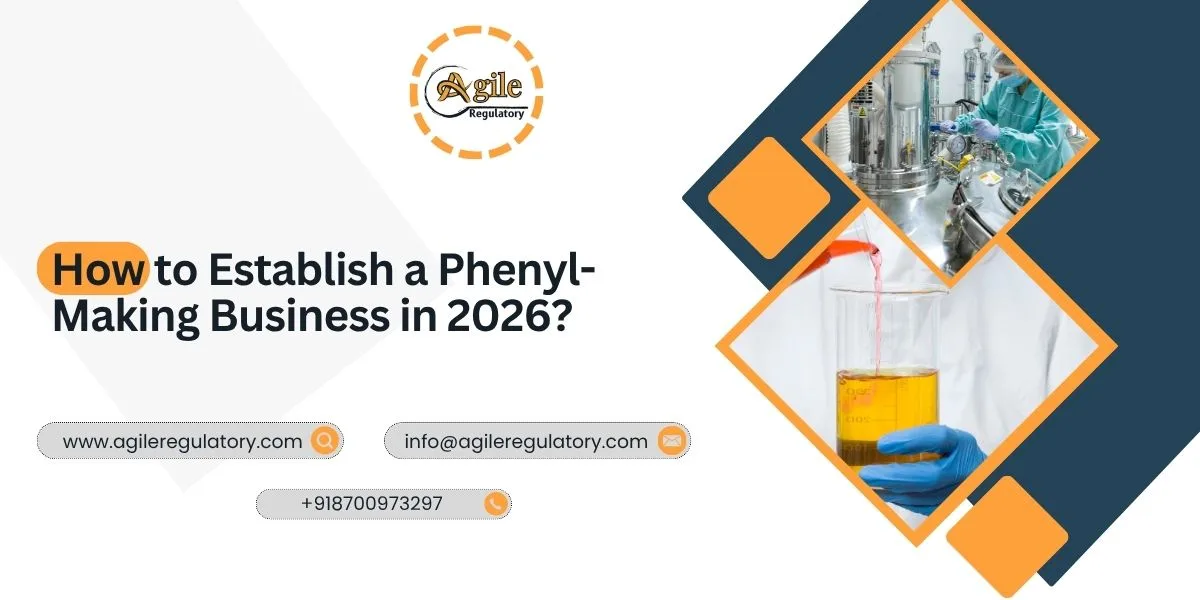
 Nishi Chawla
Nishi Chawla
06 Nov, 2025

Get Instant Solution By an Expert Advisor
(4.8)
We simplify compliance through a proven 4-step process: Consultation, Documentation, Submission, and certification. From understanding requirements to getting final approvals, we deliver a smooth, timely, and fully compliant journey for your business.
What our customer says about us
Fantastic support from the team. Their expertise transformed our approach, driving remarkable outcomes. A must-have partner for businesses seeking effective consulting solutions. Highly recommended.

KTPL Instruments
Agile Regualtory delivers exceptional solutions. Their insightful guidance streamlined our processes and boosted profitability. Highly recommended for businesses seeking expert consulting services to thrive.

Justrack IOT
Impressed by Agile Regulatory's expertise. Their strategic insights and practical solutions have elevated our business operations. A reliable partner for effective consulting services. Highly recommended for growth-focused businesses.

Coaire Compressor
Extraordinary consulting services. Their insightful solutions and dedicated team reshaped our business, driving remarkable improvements. Highly recommend it for transformative results.

Easy Polymer
Incredible experience with Agile Regulatory. Their innovative strategies and expert advice revitalized our business model, resulting in impressive growth. Highly recommend their exceptional consulting services.

Tarus International
Top-tier consulting! offered strategic solutions that revolutionized our approach. Their deep expertise and personalized guidance made a significant impact on our success. Highly recommend their services.

Anchor Weighing
Agile Regulatory exceeded expectations! Their tailored solutions, expertise, and proactive approach led to remarkable results. Highly recommend for businesses seeking impactful and strategic guidance.

AM Capacitor
Outstanding service! delivered targeted solutions with professionalism and expertise. Their insights elevated our business strategies, resulting in noticeable growth. Highly recommended for exceptional consultation.

Imaxx Pro Aquistic
Leave a Reply
Your email address will not be published. Required fields are marked *